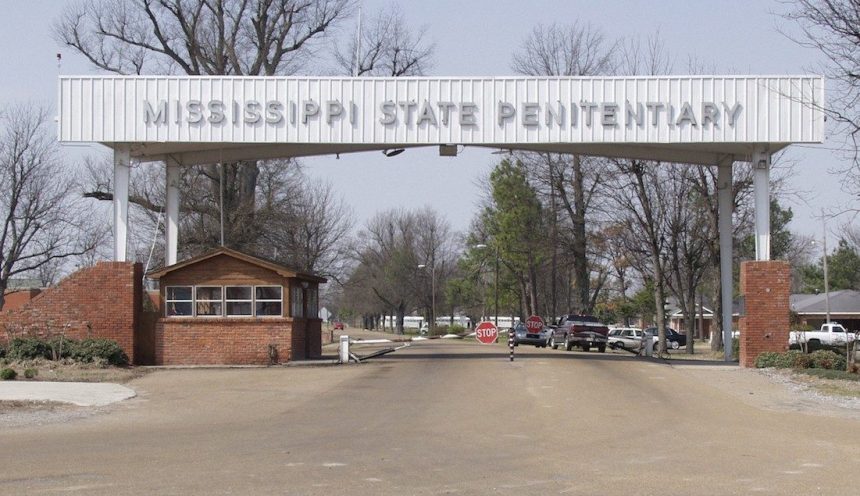In what was once a prison system heavily populated with gang members, facilities under the purview of the Mississippi Department of Corrections have seen a drastic decrease in the gang population, according to Commissioner Burl Cain.
Cain was appointed to commissionership of MDOC in 2020 by Governor Tate Reeves to clean up prisons in the state, which included driving out gang activity. He replaced Pelicia Hall, who resigned to take a job in the private sector and was accused of mishandling public money.

In Mississippi, gangs used to hold positions of power in some penitentiaries, specifically the nationally infamous one at Parchman. Borderline unliveable conditions paired with a lack of adequate staffing at the detention center left a power void that was ultimately filled by non-law enforcement officers.
With a strong lack of institutional control over operations in the prisons, violence skyrocketed with numerous inmates being killed while locked up.
Since taking over, Cain has traded gang members within Mississippi prisons for ones from other states’ facilities. The idea behind the swap is that moving a prominent figure from one facility to an unfamiliar territory will lessen the chances of a gang materializing and growing in the respective prisons.
“In our prisons, it’s going way, way down. We have control of it pretty good,” Cain said on The Gallo Show. “Our gang population has really decreased drastically. We’re almost to the point where we’re not recognizing them or even dealing with them. We just have prison. Our gang population is about 1,000. It used to be 6,000. So, down it goes.”
In October, 37 members of the violent prison gang operating primarily within MDOC detention centers, the Simon City Royals, pleaded guilty to a racketeering scheme.
Through an alliance with the Gangster Disciples gang, members engaged in a host of criminal activities, including murder, attempted murder, assault, kidnapping, robbery, extortion, witness tampering, money laundering, interstate travel in aid of racketeering, large-scale drug trafficking, and fraud.
These crimes occurred during a period before Cain was appointed commissioner. Since the former Louisiana warden has taken over, he has vowed to implement clubs and activities that he says ultimately steer inmates from joining gangs.
A farm, trade schools, ministry programs, churches, and other organizations have been instituted within Mississippi prisons to keep inmates busy and provide them an alternate path to one filled with future crimes.
RELATED: New chapel dedicated at Central Mississippi Correctional Facility
“We create gangs into something positive because everybody wants to be involved in some club or organization, so we have to create ones that we control and kick out the ones we don’t control — which is the gangs,” Cain said. “So we’re running them out. We will not put up with gangs running our prisons and being our boss. They’re not boss. We are boss.”
To keep inmates from being locked up after being released to the public, Cain says he is working to have them educated in certain skills or trades to have them prepared to join the workforce, which he believes would reduce the probability of recidivism or the former prisoner joining a gang after rejoining the civilian world.







